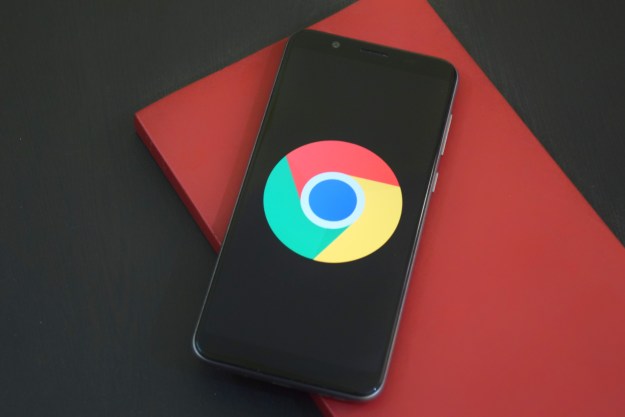
Networking device maker Xterasys has agreed to settle a lawsuit brought by the developers of BusyBox, which alleged the company was violating the terms of BusyBox’s GPL open source licensing by failing to distribute source code along with their BusyBox-enabled products.
Under the settlement, Xterasys will stop distributing BusyBox until the Software Freedom Law Center (which handled the suit on behalf of the BusyBox developers) confirms it has published the complete BusyBox source code on its Web site. Xterasys will also appoint an Open Source Compliance Officer to ensure GPL compliance in its products, and notify its customers of their rights to the BusyBox software under the GPL. No financial terms were disclosed.
“Although we regret that we had to file a lawsuit, we are pleased that Xterasys will now comply with the GPL,” said Dan Ravicher, Legal Director of SFLC. in a statement.
The settlement may be significant, since BusyBox is also going after telecommunications giant Verizon for distributing BusyBox in its FiOS routers without the accompanying source code. BusyBox is a set of lightweight utilities designed to provide common Unix functionality for embedded systems. Although open source advocates generally applaud BusyBox and the Software Freedom Law center for pursuing alleged violations of BusyBox’s GPL license, the suits may have ramifications for the use of open source software in commercial products. Some commercial developers considering the use of open source software are already hesitant about the security implications of including open source packages in their products, let alone publishing source code. The additional threat of copyright lawsuits may lead some to consider skipping open source packages altogether.
Editors' Recommendations
- The best business laptops from Apple, Lenovo, Dell, and more
- How to create a bibliography in Word on Windows and Mac
- The 6 best business desktop PCs in 2024
- The best Dell laptops for business in 2024
- Built for business, this Dell laptop with 64GB of RAM is 35% off


